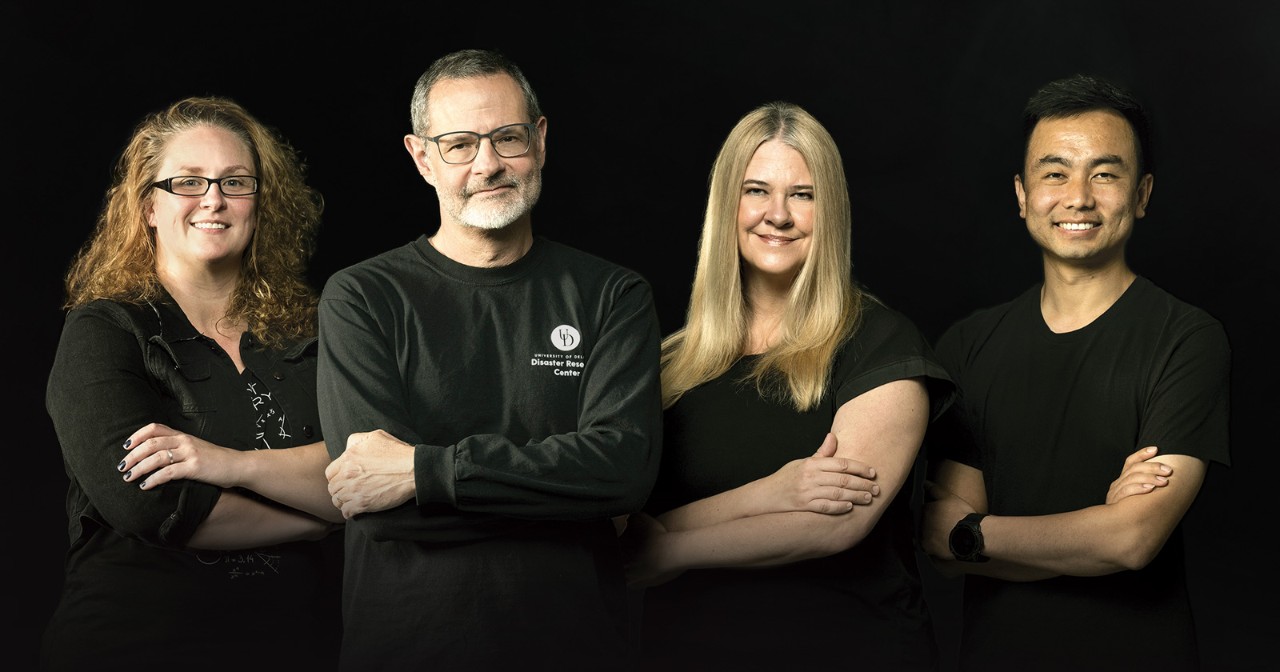
Sarah DeYoung
Sarah DeYoung
Joint Appointment: Disaster Research Center
Resources and Links
Education
- Ph.D. – North Carolina State University, Raleigh, NC
- M.S. – St. Joseph's University, Philadelphia, PA
- B.A. – North Carolina State University, Raleigh, NC
Biography
Sarah DeYoung is an associate professor in the Department of Sociology & Criminal Justice at the University of Delaware. She holds a joint appointment in the Disaster Research Center with the Joseph R. Biden, Jr. School of Public Policy and Administration. Her research expertise includes evacuation decision-making, companion animals in disasters, infant feeding in emergencies, and refugee well-being.
Before joining UD, she spent three years at the University of Georgia where she launched the undergraduate program in disaster management. She completed her postdoc at UD in the Disaster Research Center and has a Ph.D. from North Carolina State University in applied social and community psychology.
DeYoung has deployed for research fieldwork for nine major disaster events, including the Nepal (Gorkha) earthquake in 2015. She has been awarded research grants from the National Academies of Science, Engineering & Medicine, the National Science Foundation, and the Natural Hazards Center.
-

Masters of Disaster
January 13, 2025 | Written by Diane StopyraUD's world-renowned center works to change lives for the better -
As thousands flee LA fires, disaster poses unique challenges for the unhoused
January 10, 2025 | Written by Kimberly Adams of MarketplaceMarketplace interviewed Sarah DeYoung, professor and core faculty with UD's Disaster Research Center, who said the homeless is will face major challenges after the Los Angeles wildfires subside, including finding tarps, temporary RV housing or other things they lost. -
The Hurricane Conspiracies Made It Clear—We’re Going Climate Delulu
October 17, 2024 | Written by Amal Ahmed of AtmosWhile the speed and virality of dangerous conspiracy theories are disturbing, we’ve always known that times of crisis spark information vacuums, said Sarah DeYoung, a professor at the University of Delaware’s Disaster Research Center.

